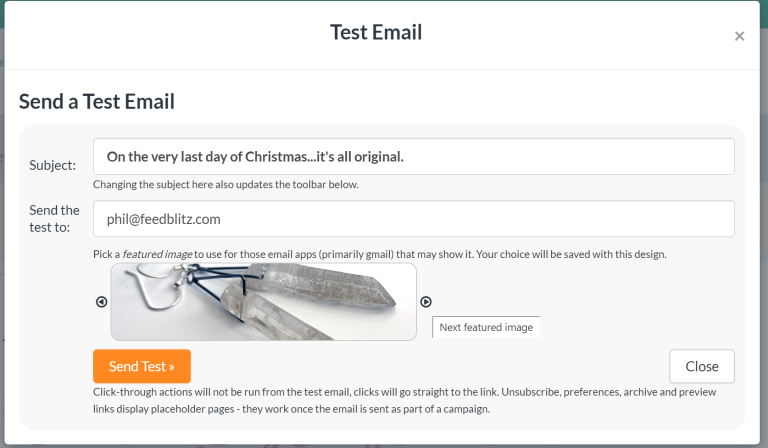Share this
Social media brims with stories of people landing remote jobs, employment reports reveal a different reality – only 12% of entry-level positions offer remote work options. Most job listings require years of experience or specialized skills that you may not have yet.
Working from home shouldn’t require a decade of experience. While many traditional entry-level positions have moved overseas, US companies still need remote workers – if you know where to look and how to position yourself. Report project a 25% growth in remote-capable positions by 2030, with customer service and technical support leading the expansion. This guide walks you through the companies actively hiring, the skills you need, and how to spot real opportunities among the noise.
What to Expect from Entry-Level Remote Jobs
The reality of entry-level remote work in 2024 might surprise you. Many traditional entry-level positions, including basic customer service and data entry, now belong to overseas workers, where companies can pay lower wages.
Understanding the current landscape helps set realistic expectations. Starting salaries range from $14-18/hour for US-based customer service roles. These positions have specific requirements: dedicated workspace, reliable internet, and a computer manufactured within the last five years. Companies typically require specific scheduling availability, with paid training lasting 2-4 weeks.
Many companies that keep their remote workforce in the US offer better benefits and growth opportunities. These employers invest in long-term employees, creating sustainable career paths.
Expect the path to landing a remote position typically spans 3-6 months, depending on your existing skills and the positions you target. Success requires developing these core abilities:
- Written communication: Clear emails, chat messages, and documentation
- Digital organization: File management, calendar scheduling, and task tracking
- Basic technical troubleshooting: Solving common computer and internet issues
- Virtual collaboration: Experience with video conferencing and team chat platforms
- Time management: Self-directed work planning and deadline management
Companies Actually Hiring Remote Workers with No Experience
Successful job seekers should focus on companies known for hiring and developing remote talent. These organizations value training and employee development, making them ideal starting points for your remote career.
Leading companies with consistent hiring patterns include:
Customer Service Companies:
- Alorica – Regular hiring cycles every month
- Kelly Services – Entry-level administrative and customer service positions
- LiveOps – Independent contractor opportunities
- U-Haul – Seasonal and permanent positions, such as customer support and data entry clerk
- Concentrix – Regular customer service openings
Data and Administrative Work:
- Pearson – Scoring and tutoring opportunities
- Rev – Transcription work (perfect for building experience)
- TTEC – Customer service and technical support
- Robert Half – Administrative and clerical positions
Understanding the market dynamics changes everything: The most desirable remote positions rarely start at entry level. Remote work functions as a benefit, one that’s usually earned through experience or specialized skills.
Also See: Good-Paying Entry-Level Jobs You Can Do from Home
Identifying Legitimate Remote Opportunities
Many remote job listings mask questionable opportunities. Watch for these signs of legitimate positions:
- Job listings include detailed company information and specific job responsibilities
- The hiring process involves formal interviews, not instant job offers
- Companies request professional references and conduct background checks
- Positions offer standard benefits packages and clear payment terms
- Training is paid and structured
- No requests for upfront payments or personal banking information
Red flags signaling potential scams:
- Promises of unrealistic earnings
- Pressure to start immediately without proper screening
- Requirements to purchase specific equipment from the company
- Vague job descriptions focusing mainly on “working from home”
- Personal email domains instead of company email addresses
Consider this strategy: Begin your career building valuable skills in an in-person role, then transition to remote work once you have experience that companies actively seek. This approach builds the foundation employers look for in remote workers.
Also See: 100 Legit Work-From-Home Companies
How to Get Hired (Even Without Prior Remote Experience)
Getting hired requires strategic preparation. Your success plan starts with:
Set Up Your Remote Office First
- Computer with Windows 10 or newer
- Wired internet connection (most companies require this)
- Quiet, dedicated workspace
- Headset with microphone
Before You Apply:
- Take free customer service courses on LinkedIn Learning
- Practice typing skills (most positions require 50+ WPM)
- Set up a professional email address
- Create a resume that highlights relevant skills:
- Organization
- Written communication
- Basic computer skills
- Time management
During the Application Process:
- Apply early in the hiring cycle (usually Monday-Wednesday)
- Complete all assessments immediately
- Be available for video interviews
- Have your workspace ready to show during interviews
Next Steps
Landing your first remote position takes strategic effort, but the flexibility and growth opportunities make it worthwhile. Start by targeting companies with established remote training programs while building your digital communication and organization skills. Focus on customer service and data entry roles that align with your current abilities, then use that experience to transition into higher-paying remote positions.
Your path to remote work opens up when you combine the right companies with the right skills. Set up your workspace, polish those job applications, and start with organizations known for remote worker development. While the initial role might not be your dream position, it builds the foundation for a long-term remote career with better opportunities and higher earning potential.










